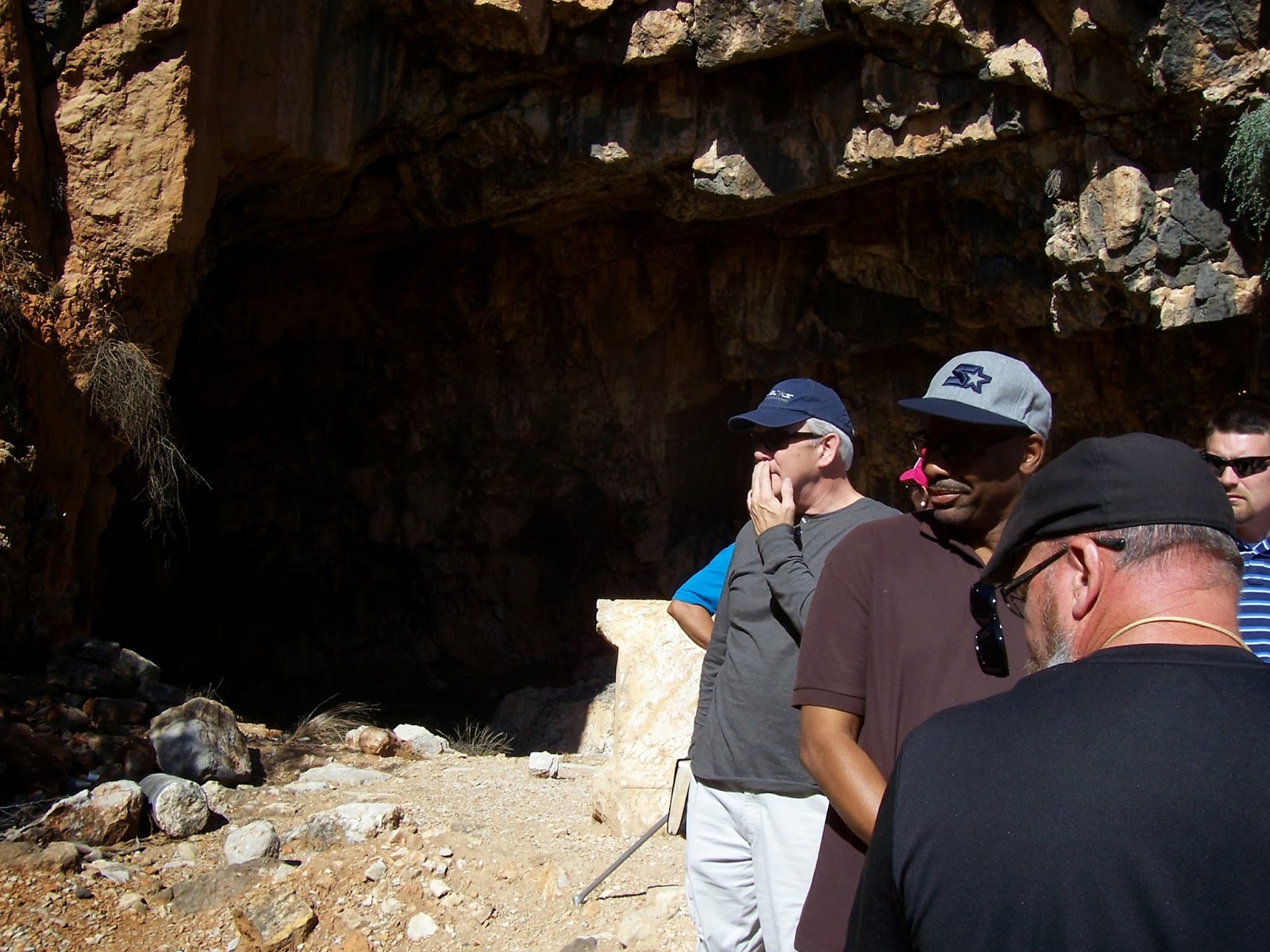One of the best reasons to read the Bible through is to learn who God really is as he is revealed in the Word. There are times that God is confusing and his actions baffling. But we must encounter the real God, the God of the Bible, and conform our lives to him. We must not seek to make God fit into our preconceptions.
Americans who get their ideas from popular culture and opinion will find Exodus 15:3 to be very strange. This verse is a part of the song of victory which Moses and the Israelites sang after God crushed Pharaoh's army in the Red Sea. Think about that for a second. God caused thousands of men to be drowned at the bottom of the Red Sea! Does that fit with modern ideas about God?
We like to emphasize God's love and mercy, and well we should. God's love motivated him to provide a path of salvation and forgiveness for sinners like you and me. He does not treat us as our sins deserve, but seeks and saves the lost. Praise God from whom all blessings flow! But we cannot look at God's love alone and pretend that there are not more aspects to the character of God. He is love, but his love is only understood and appreciated when you understand the panoply of God's character.
Exodus 15:3 reveals another side of God, one we must not forget.
"The Lord is a warrior. Yahweh is his name."God is a warrior. He fights, does battle, goes to war. If that seems strange to you, then perhaps your understanding of God has been shaped by something other than the Word. Our God is great and mighty. He makes war against his enemies and he destroys them. When Pharaoh hardened his heart, God brought plagues on Egypt, plundered them for the good of his people, then deposited his army at the bottom of the sea.
Our God makes war against his enemies, those who stand against him, and he utterly defeats those enemies. Satan set himself against God and one day will be cast into the Lake of Fire forever. He may roam this earth seeking whom he may devour but our Warrior God has triumphed over him and settled his destiny. Nations have stood in opposition to God's purposes in the earth and have crumbled. :Evil men have thought they could rule and force their will on God's world, but he brings them down to the dust.
But God has also gone to war against my sinful flesh. God created me, and my body, to give glory to him and to serve his purposes. My sinful flesh lives in rebellion against those divine purposes and is constantly drawn to the ways and things of this world. My fleshly mind so easily succumbs to Satan's lies and my body seeks the pleasures of sin instead of the things of God.
But God has defeated my flesh. Like Satan, my flesh still lives and it still opposes God. But just as Satan's destiny was settled when Jesus went to the cross, so was the destiny of my flesh. Jesus died not only so that I could be forgiven of my sin, but so that I could be freed from its dominion. One day, my redemption will be complete and my sin will be forever destroyed. Today, God's Spirit is at work in me, doing battle against Satan's lies and my body's desires, to produce the righteousness of Christ in me.
My God is a warrior, strong, mighty and victorious. Nothing can stand against him. Satan tried and has utterly failed. Human beings can oppose God but they cannot defeat him! And God also has engaged in battle with the sin that plagues my life and will utterly destroy it.
My God is a WARRIOR!
Father, may I come to understand you as the Word reveals you. You are love, but you are also a God of holiness and purity. You are a God who has set himself against all sin, including the sin in my life. I long for your victory to be complete. Today, may your victory over my sin be a reality in my life moment by moment. May I live in the victory you provide.

